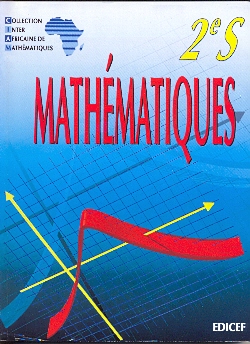Author(s): | Glonek G.F., Solomon P.J. | |||
Collection: | ||||
Publisher: | ||||
Year: | 2004 | |||
Language: | English | |||
Pages: | 23 pages | |||
Size: | 1.73 MB | |||
Extension: | ||||
[tab]
[content title="Description"]Microarrays are powerful tools for surveying the expression levels of many thousands of genes simultaneously. They belong to the new genomics technologies which have important applications in the biological, agricultural and pharmaceutical sciences. There are myriad sources of uncertainty in microarray experiments, and rigorous experimental design is essential for fully realizing the potential of these valuable resources. Two questions frequently asked by biologists on the brink of conducting cDNA or two-colour, spotted microarray experiments are 'Which mRNA samples should be competitively hybridized together on the same slide?' and 'How many times should each slide be replicated?' Early experience has shown that whilst the field of classical experimental design has much to offer this emerging multi-disciplinary area, new approaches which accommodate features specific to the microarray context are needed. In this paper, we propose optimal designs for factorial and time course experiments, which are special designs arising quite frequently in microarray experimentation. [/content]
[content title="Content"] [/content]
[content title="About the author"]Peter J. Solomon (born September 17, 1938) is an American investment banker and the founder and chairman of Solomon Partners, one of the country's first independent investment banks. He is also a former New York City Deputy Mayor for Economic Policy and Development. [/content]
[/tab]
[facebook src="bibliosciencesorg"/]
Key-Words: Télécharger Factorial and time course designs for cDNA microarray experiments EBOOK PDF EPUB DJVU. Download Factorial and time course designs for cDNA microarray experiments EBOOK PDF EPUB DJVU.








